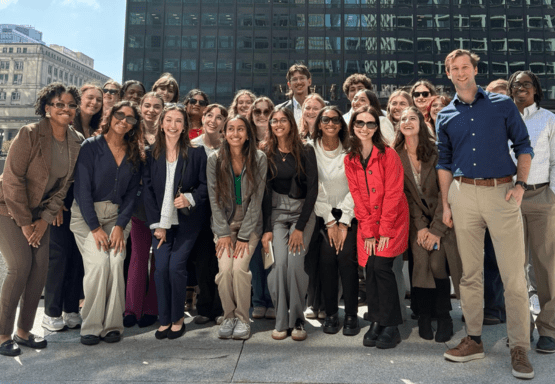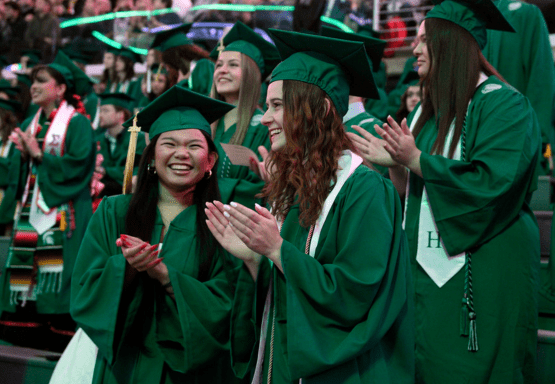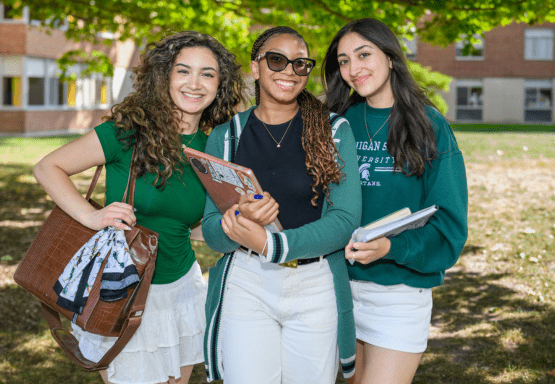This content has been edited with permission from the Department of Human Development and Family Studies in the College of Social Science. The original may be viewed on the HDFS website.
James Madison College Assistant Dean for Diversity, Equity and Inclusion Brian Johnson was part of a team of Michigan State University faculty members who were recently awarded The Neuner Award for Excellence in Professional Scholarly Publication for their collaborative work on the scholarly article, “Creating Sustainable University Structures for Offices of Diversity, Equity and Inclusion (DEI).”
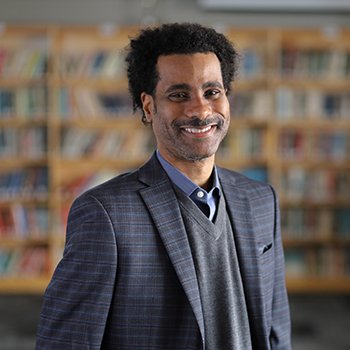
This is an award given to authors who have written the overall finest article in the Journal of Higher Education Management. Johnson previously served as faculty in MSU’s Department of Human Development and Family Studies before accepting his current role as assistant dean in JMC.
The focus of the article is to provide a roadmap of best DEI practices for colleges, units and/or individuals who are seeking the best route to implement sustainable and transformative DEI change.
“The roadmap is important because in order for DEI structures to be sustainable, they must move beyond the performative and become an institutionalized aspect of an organization's climate, processes, and overall fabric,” Johnson said. “Our publication provides insight into our own DEI journeys and hopefully provides practical recommendations and suggestions regarding how to implement transformative DEI change."
He coauthored the article with College of Social Science team members Nwando Achebe, professor of history and associate dean for diversity, equity and inclusion; Carole Gibbs, associate professor of criminal justice and acting associate dean for diversity, equity and inclusion; Daniel Velez-Ortiz, associate professor of social work; and history graduate student Chioma Nwaiche.
“The DEI Fellows Program is literally an example of making transformative DEI change,” Johnson said. “Our team represents a range of classifications within higher education. This spectrum allowed various voices to be heard and represented in our scholarship. When we meet, there is no rank and there is no hierarchy - it is literally a safe, inclusive space for advancing our DEI goals. So much of that is due to the efforts and support of the DEI Fellows team. They are my allies and a support system.”
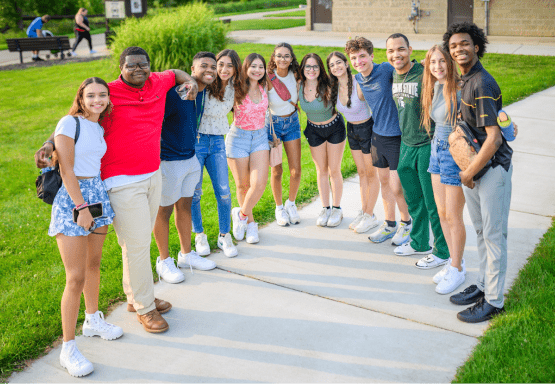
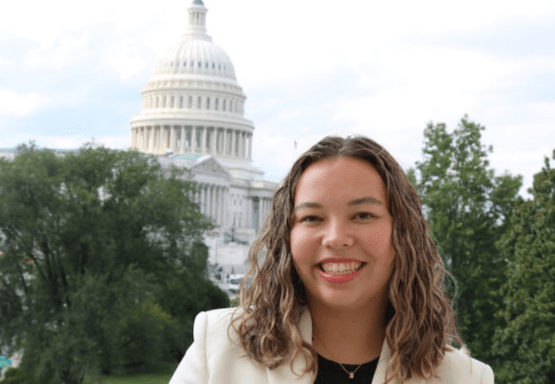
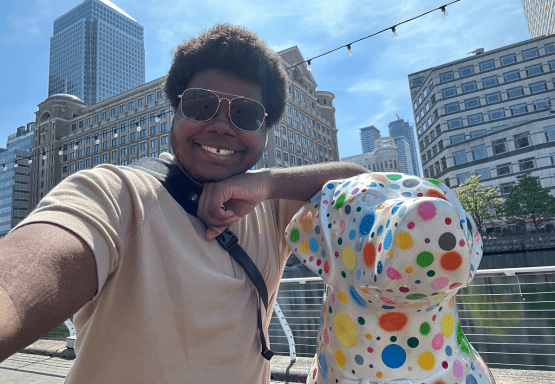
.png?h=384&iar=0&w=555)
